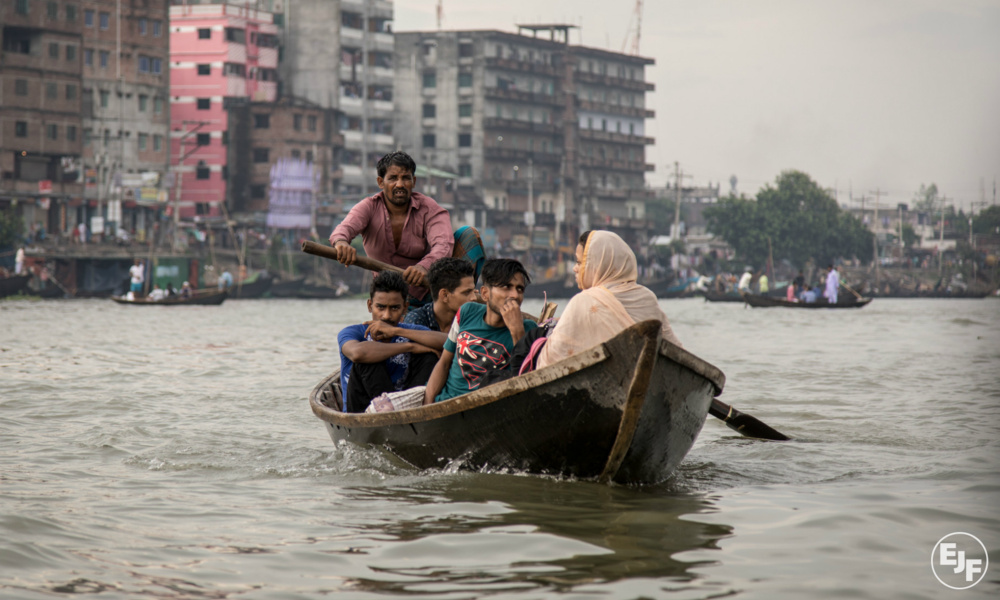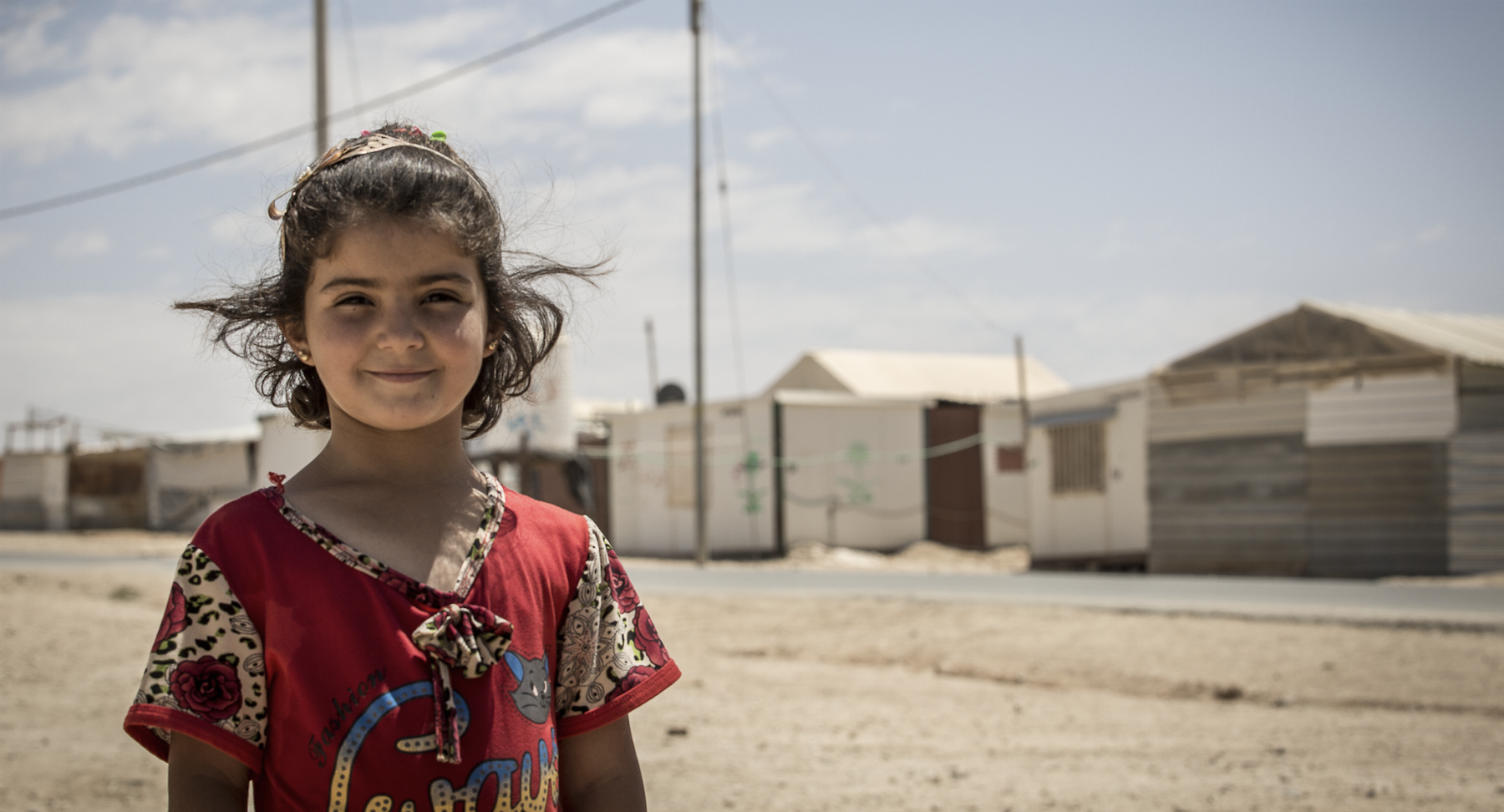
For climate refugees, tomorrow will be too late
I see a clear and present danger. Our climate is changing and it will harm us all.
From the imagery of climate change, you might be mistaken for thinking it is all about polar bears. It is so much more: it is about all life on our planet and a threat to humanity as great or greater than geopolitical conflict or terrorism.
Rising temperatures and changing rainfall patterns will intensify competition for resources, food and water. Rising sea levels and extreme weather events will displace ever greater numbers of people. EJF's report, Beyond Borders, outlines the link between a changing climate, migration and conflict and how climate change can be seen as a threat multiplier.
Displacement as a consequence of climate change is not something happening only far away or in a distant future.
In February 2017, former US National Security Advisor Richard Clarke said that climate change is the greatest single risk to California and to the entire United States, a warning that was followed by Hurricanes Harvey and Irma, which hit the USA and a number of Caribbean islands with devastating impacts, causing flooding, destruction, and forcing people to leave their homes. At the same time in the USA, dry conditions and extreme heat have led to a proliferating number of intense wildfires, causing massive damage to infrastructure, land and the loss of human life.
These events are all increasing in frequency and are magnified as a result of climate change and they give us a glimpse into a future we all face.
The strength and frequency of hurricanes and storms, drought and wildfires will increase dramatically.
Since 2008, weather-related hazards – which are magnifying and multiplying as a result of climate change – displaced more than 21 million people each year, equivalent to 59,600 people every day or 41 people every minute. Millions more were forced to leave their homes due to prolonged droughts and their devastating impacts.
In Bangladesh one meter of sea level rise would equate to a loss of 17-20 per cent of territory. The government estimates that would create around 25 million climate refugees, while other experts suggest nearer 35 million. Bangladesh does not have the capacity to absorb such mass displacement (most poorer countries do not), so refugees will be forced into neighbouring countries. And as the basic necessities of life become precious commodities, the risk of conflict will surge.
While senior military figures in Bangladesh have pointed, urgently, to these threats, making clear that peace is at risk not just in their country, but across South Asia and the rest of the world, senior military figures from Britain to the United States have raised a similar alarm, identifying climate change and the accompanying threats to our national and global security as a cause for urgent action.
They are warning world leaders of the need to cut our addiction to carbon - today.
Mass displacement caused by climate change can also ignite or exacerbate conflict. While no serious observer would claim that climate change caused the conflict in Syria, it is clear that it magnified and multiplied many of the stresses that fed into the explosion of violence. Not least important was that over one million people were on the move from drought-stricken regions before a single gunshot was fired.
The prolonged drought in Syria, coupled with devastating climate events – wildfires, droughts and storms in major grain-producing areas that reduced 2010/11’s harvests and doubled the global price of wheat in six months left people hungry, poor and on the move. Al-Assad’s failure to respond to the needs of Syria’s desperate people was one spark to the outbreak of the bloody conflict.
Climate change is increasingly viewed as a threat-multiplier, driving the likelihood of violent conflict arising from pre-existing and complex interactions between political, economic, religious, ethnic or other cultural forces.
The challenge facing us is complex, and in a rapidly changing world, climate change and its potential to trigger both mass migration and violent conflict need to be considered as urgent priorities for policymakers and business leaders.
And we must consider that those who are least to blame for climate change are those who are all too often affected first and worst. The world's least developed countries produce only a fraction of global greenhouse gas emissions and have had far fewer of the benefits reaped by the developed world from their carbon-based economies, yet they are the most vulnerable and the least able to respond effectively to the impacts of climate change.
It is in this context that EJF is calling for the development of a new legally-binding agreement to protect climate refugees. We need this instrument to give definition and status to climate refugees; to define rights and obligations, and to coordinate and combine our actions so that they are effective. Support us by signing our petition, calling on EU leaders to protect climate refugees and put pressure on decision makers globally to protect those most vulnerable to climate change.
We cannot hope to deal with the wave of suffering and disruption as single nations; it will not work. We will all be better served, better prepared and better protected if we act together.
For climate refugees, tomorrow will be too late.
SIGN UP FOR OUR EMAILS AND STAY UP TO DATE WITH EJF

